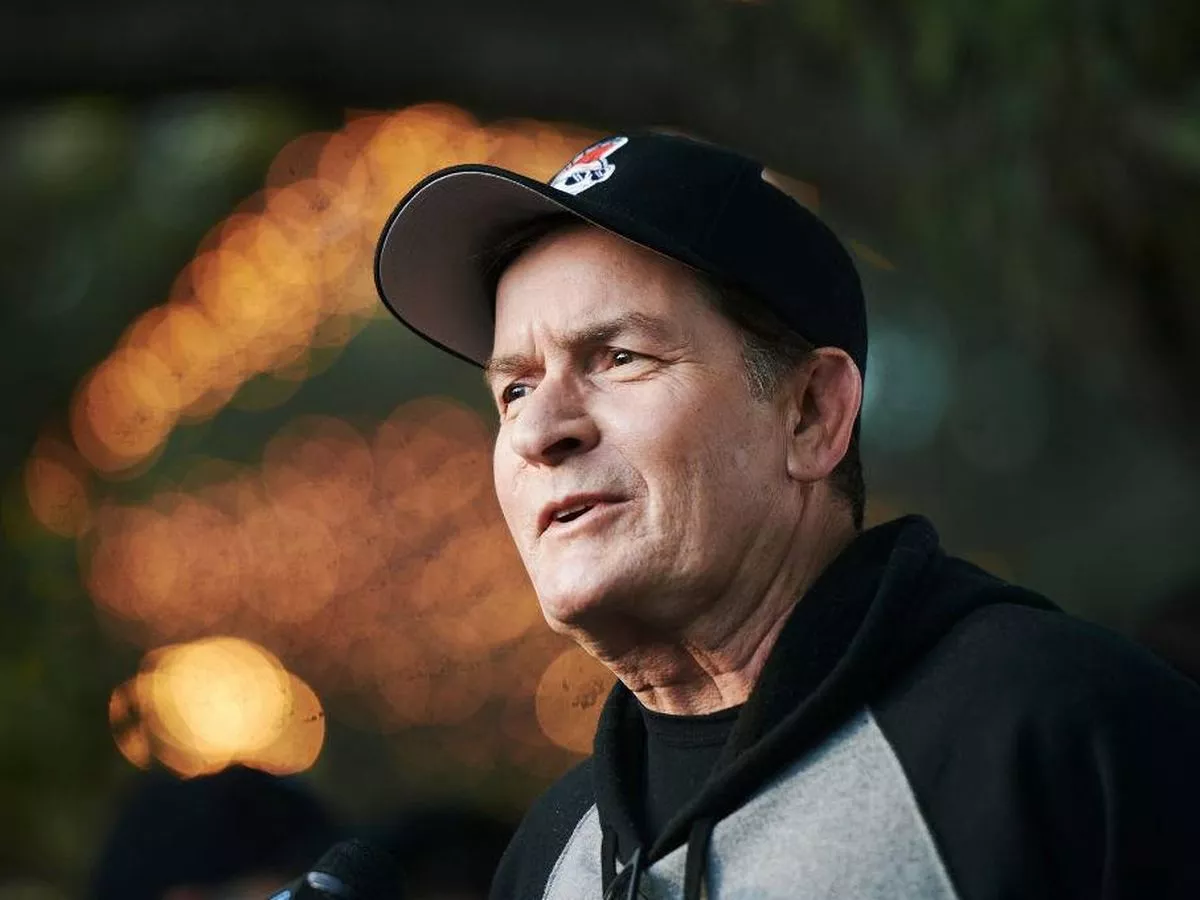
Shifting federal requirements for Medicaid enrollees passed by Congressional Republicans earlier this year could require the state health department to add 50 new staff positions to process applications and determine whether low-income residents are eligible for the public health care coverage program.
The new eligibility regulations contained in House Resolution 1, also known as the One Big Beautiful Bill Act, are expansive. An overview of the new regulations — including six-month eligibility reviews, 80 hours per month of work for enrollees, school or community service hours, exemptions for certain groups and co-payments for services — took one Department of Public Health and Human Services official nearly 15 minutes to outline during a Tuesday presentation to state lawmakers.
Acknowledging that many questions about implementing the regulations are still unanswerable, officials said the cost of hiring 40-50 new employees would be one of the most expensive parts of complying with the new federal standards.
“The modeling essentially indicates a need to hire probably anywhere from 40 to 50 additional staff to deal with the change,” said Kim Aiken, the health department’s deputy director, who previously served as the agency’s chief financial officer. “But when that occurs is the thing that we don’t necessarily know.”
Aiken said increasing the department’s budget to accommodate new permanent positions would require an appropriation from the Legislature.
The increased staffing estimate supports projections from some health care experts that federal budget reductions to Medicaid in H.R. 1 could push additional costs onto states.
Other health care experts have warned that if states do not scale up staffing to keep pace with the new federal requirements, eligible Medicaid enrollees may get lost in administrative bureaucracy and eventually lose coverage.
Supporters of the Medicaid budget cuts, including all four members of Montana’s federal delegation, have stressed that H.R. 1 does not restrict what medical services the federal government agrees to cover. Rather, backers say, the Medicaid overhaul targets “waste, fraud and abuse” of the program by people who could be working.
As of May 2025, more than 200,000 people were covered through Montana Medicaid programs, with low-income adults on Medicaid expansion accounting for more than 76,000. A January 2025 report from the Montana Department of Labor and Industry estimated that more than 70% of Medicaid enrollees in the state were working part- or full-time, with another 4% attending school.
Earlier this month, Montana submitted a proposal to amend its Medicaid programs to match H.R. 1’s requirements, launching negotiations with the Centers for Medicare & Medicaid Services that will eventually determine how the state will change its enrollment and review processes.
In a letter accompanying the proposal to U.S. Department of Health and Human Services Secretary Robert F. Kennedy Jr., Gov. Greg Gianforte said Montana is ready to apply the new standards.
“Our state is eager to implement the community engagement and cost sharing policies codified in Montana law, and to further align these program features with new federal requirements reflected in the [federal bill],” Gianforte said.
State lawmakers on Tuesday questioned whether the department is prepared to comply with the new federal regulations. Some expressed concern about Montana’s existing wait times for enrollment requests. As of May, federal data showed that 58% of applications by low-income adults took the state more than 45 days to process.
Charlie Brereton, the state health department director, told lawmakers the agency will need more people and more money to roll out the new regulations.
“Right now, we are not appropriately funded, administratively, today, to be able to do all of the things that we will be required to do, and in some cases that we want to do,” Brereton said. “We’re not doing this tomorrow, though. I mean, we are being very deliberate, we are taking our time, we have a runway.”



